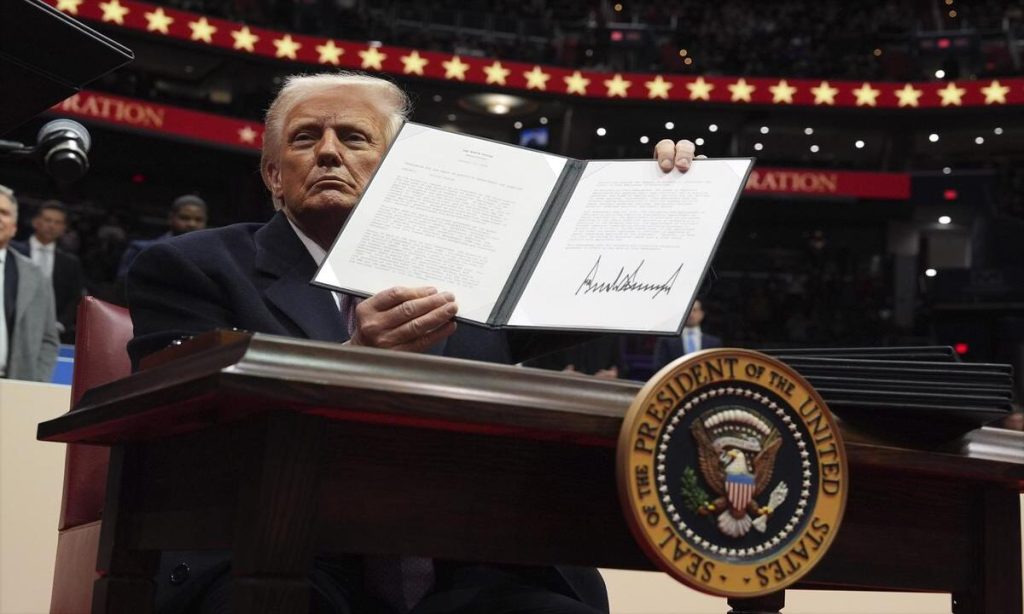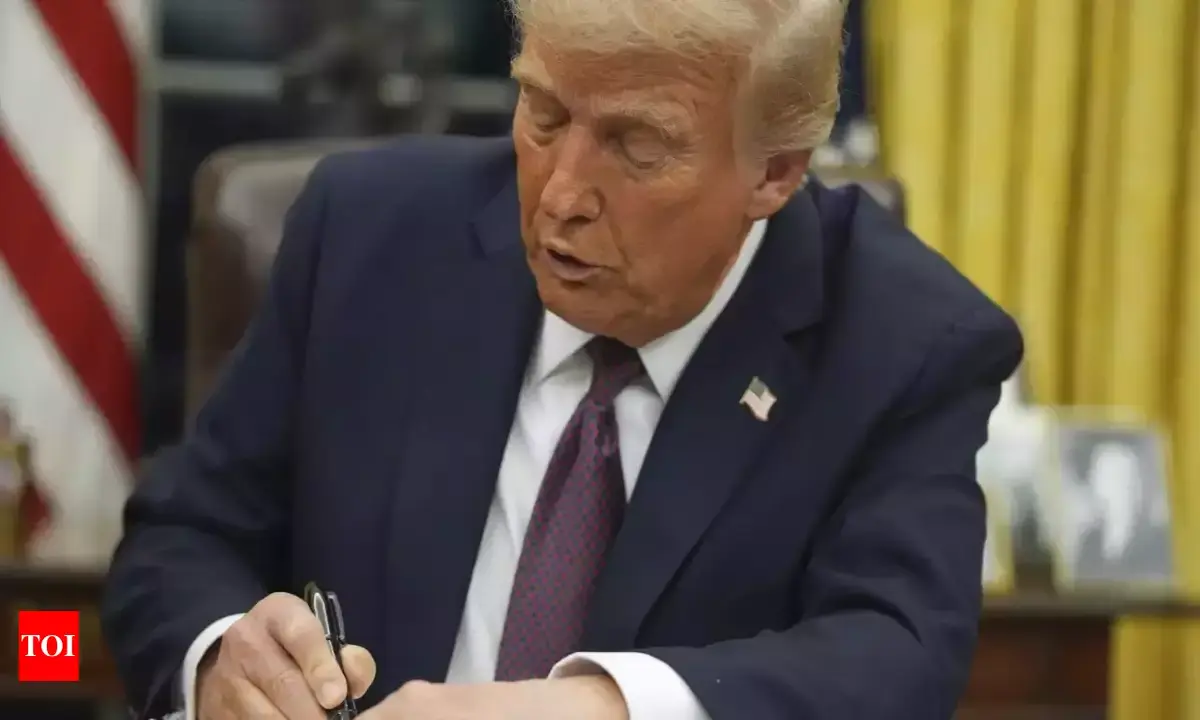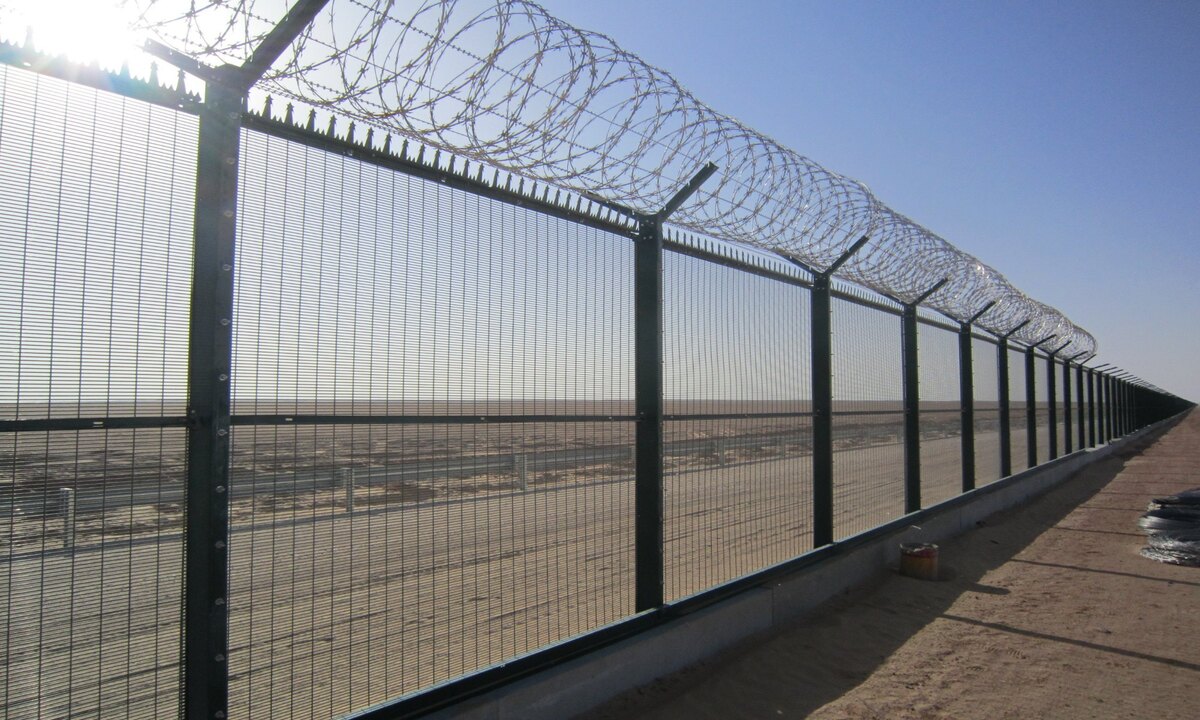ALBUQUERQUE, N.M. – President Donald Trump’s second inauguration was anything but ordinary. As the only U.S. president in history to serve two non-consecutive terms, Trump’s return to the White House has set the stage for sweeping executive actions, with a strong focus on immigration and border security.
During his inaugural address, Trump promised to take unprecedented steps to address national security and illegal immigration, a key aspect of his administration’s agenda. “As Commander in Chief, I have no higher responsibility than to defend our country from threats and invasions, and that is exactly what I am going to do,” he declared.
A Push for Border Security
President Trump has stated that border security is a top priority. He plans to declare the situation at the U.S.-Mexico border a national emergency, enabling the administration to deploy federal resources to tackle the issue.
One of Trump’s key proposals includes designating drug cartels as foreign terrorist organizations, a move that could pave the way for stronger enforcement measures and stricter penalties. In addition, the administration intends to reinstate the controversial “Remain in Mexico” policy, which requires asylum seekers to wait in Mexico while their cases are processed in U.S. courts.
Trump also aims to end the “catch-and-release” policy, which allows undocumented immigrants to remain in the U.S. while awaiting court hearings. He has pledged to send federal troops to border states to strengthen security measures.
Ending Birthright Citizenship and Mass Deportations
One of Trump’s most controversial proposals is his plan to end birthright citizenship, which grants automatic citizenship to children born in the U.S., regardless of their parents’ immigration status. Legal experts have already predicted significant legal challenges to this plan, as it would require a reinterpretation of the 14th Amendment.
Additionally, Trump’s administration has announced plans to deport millions of undocumented immigrants within the first few months of his term. This bold move has drawn criticism from immigrant advocacy groups, who argue that it will tear families apart and target vulnerable communities.

Resistance from New Mexico Leaders
In New Mexico, state lawmakers have voiced strong opposition to Trump’s immigration policies. Congresswoman Melanie Stansbury criticized the administration’s agenda, calling it “anti-immigrant” and vowing to resist.
“This is about really targeting those who are undocumented, asylees, and people of mixed-status to carry out an anti-immigrant agenda, and we will fight back against that,” Stansbury said.
New Mexico Attorney General Raúl Torrez also expressed his concerns, emphasizing that his office will challenge any federal enforcement action that violates constitutional rights. “We will not hesitate to resist policies that undermine the constitution or target vulnerable populations,” Torrez said.
Legal Challenges Expected
Experts believe that many of Trump’s proposed executive orders will face legal challenges, particularly those involving immigration policies. Civil rights organizations, state attorneys general, and immigrant advocacy groups are already preparing to take legal action against the administration.
The reinstatement of the “Remain in Mexico” policy and the designation of cartels as terrorist organizations are among the measures expected to spark lawsuits. The policy to end birthright citizenship, in particular, is anticipated to become a legal battleground, as it conflicts with established interpretations of the U.S. Constitution.
Looking Ahead
Despite the controversy, Trump’s administration has vowed to move quickly. These executive orders are expected to be signed in the coming weeks, signaling the administration’s intent to act decisively on its campaign promises.
As the debate continues, the nation remains divided on Trump’s immigration agenda. Supporters argue that these measures are necessary to secure the border and protect national interests, while critics see them as an attack on immigrant communities and a violation of constitutional rights.
The outcome of legal challenges and the response from state governments will play a crucial role in shaping the future of Trump’s immigration policies.
Disclaimer—Our team has checked this article to ensure its accuracy and eliminate any misinformation. We are committed to providing clear and reliable information for our readers.




